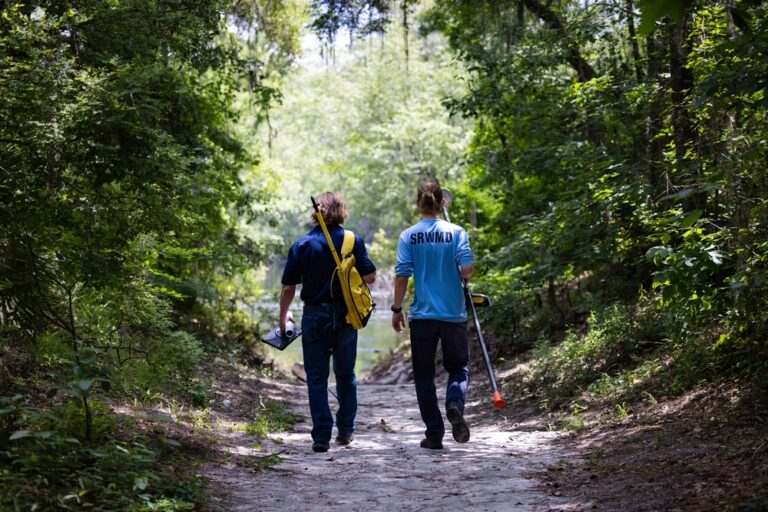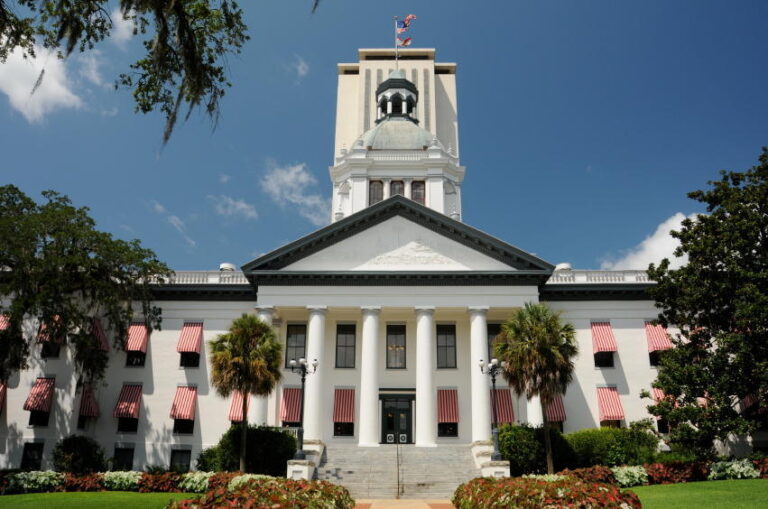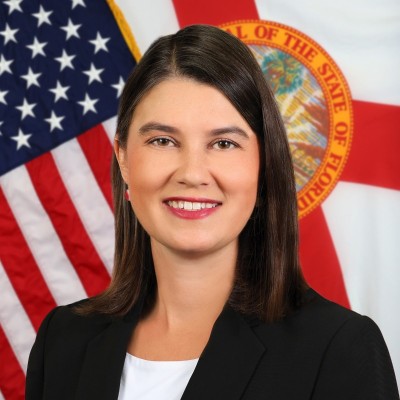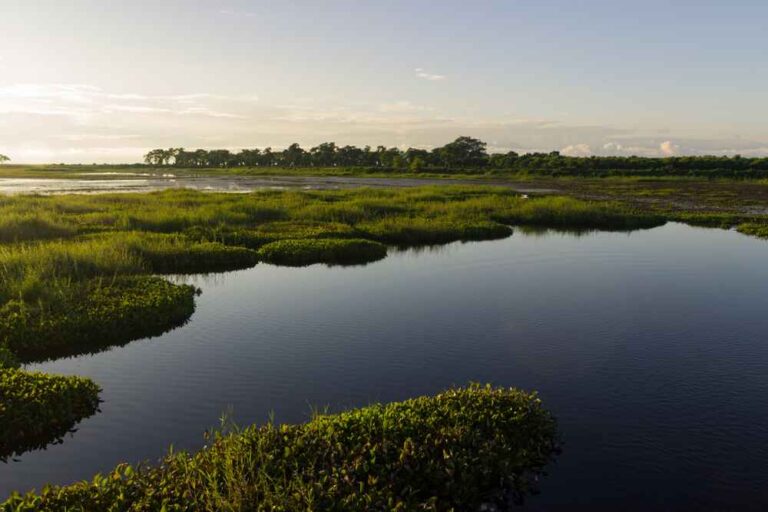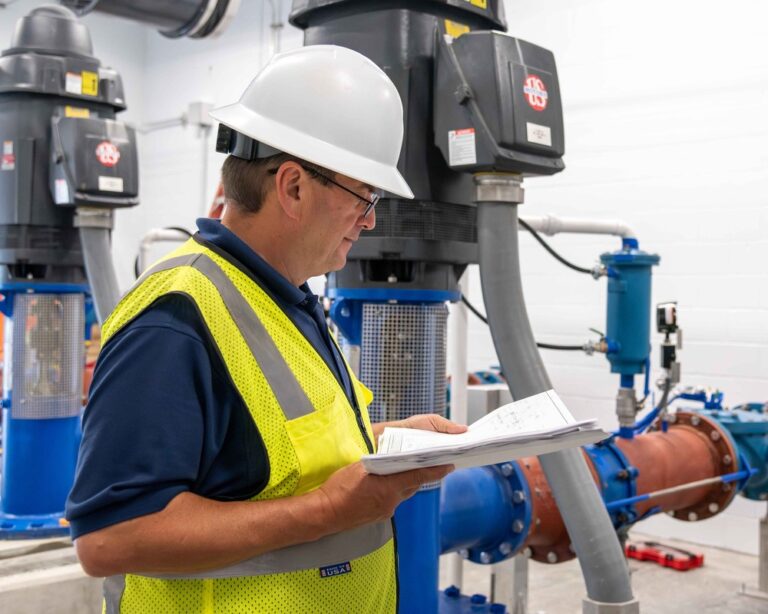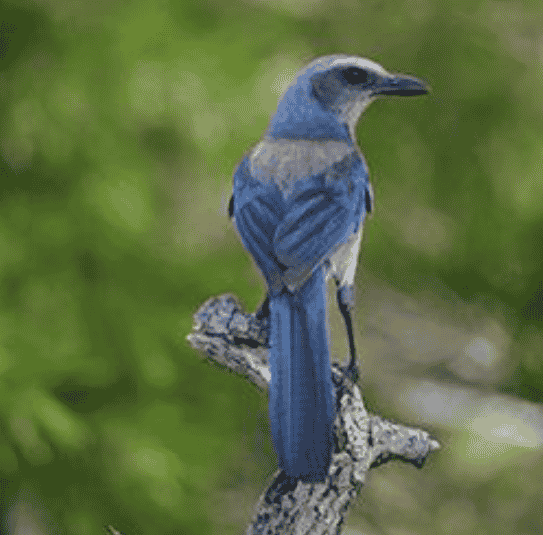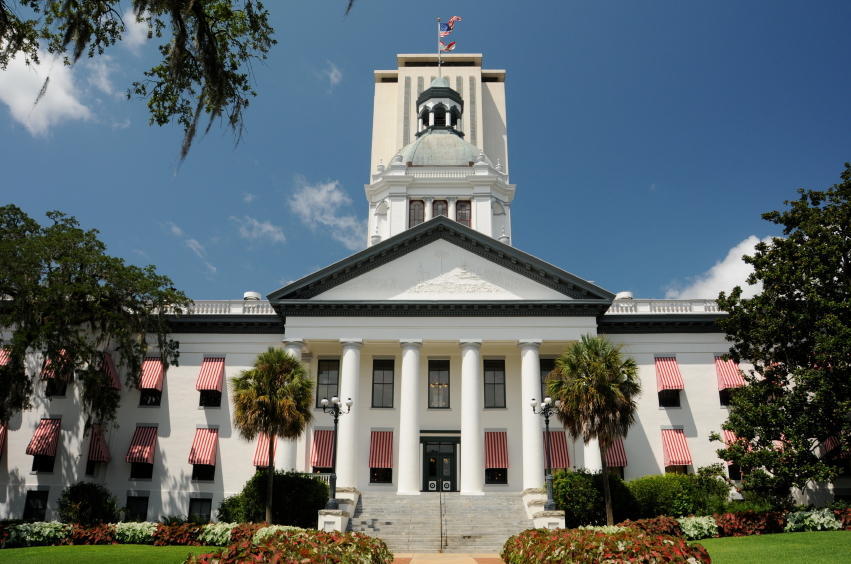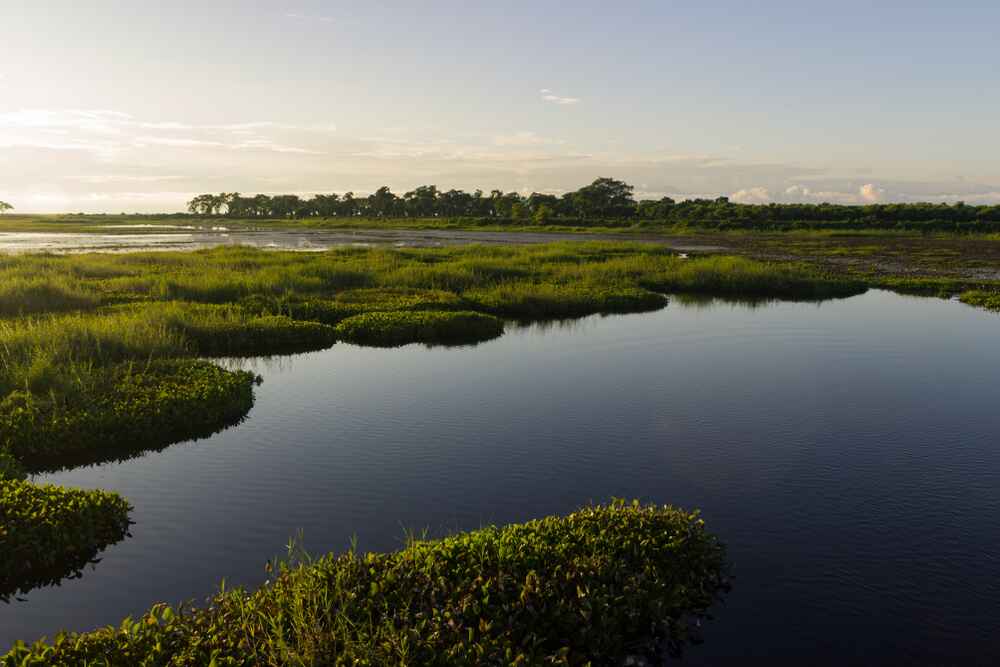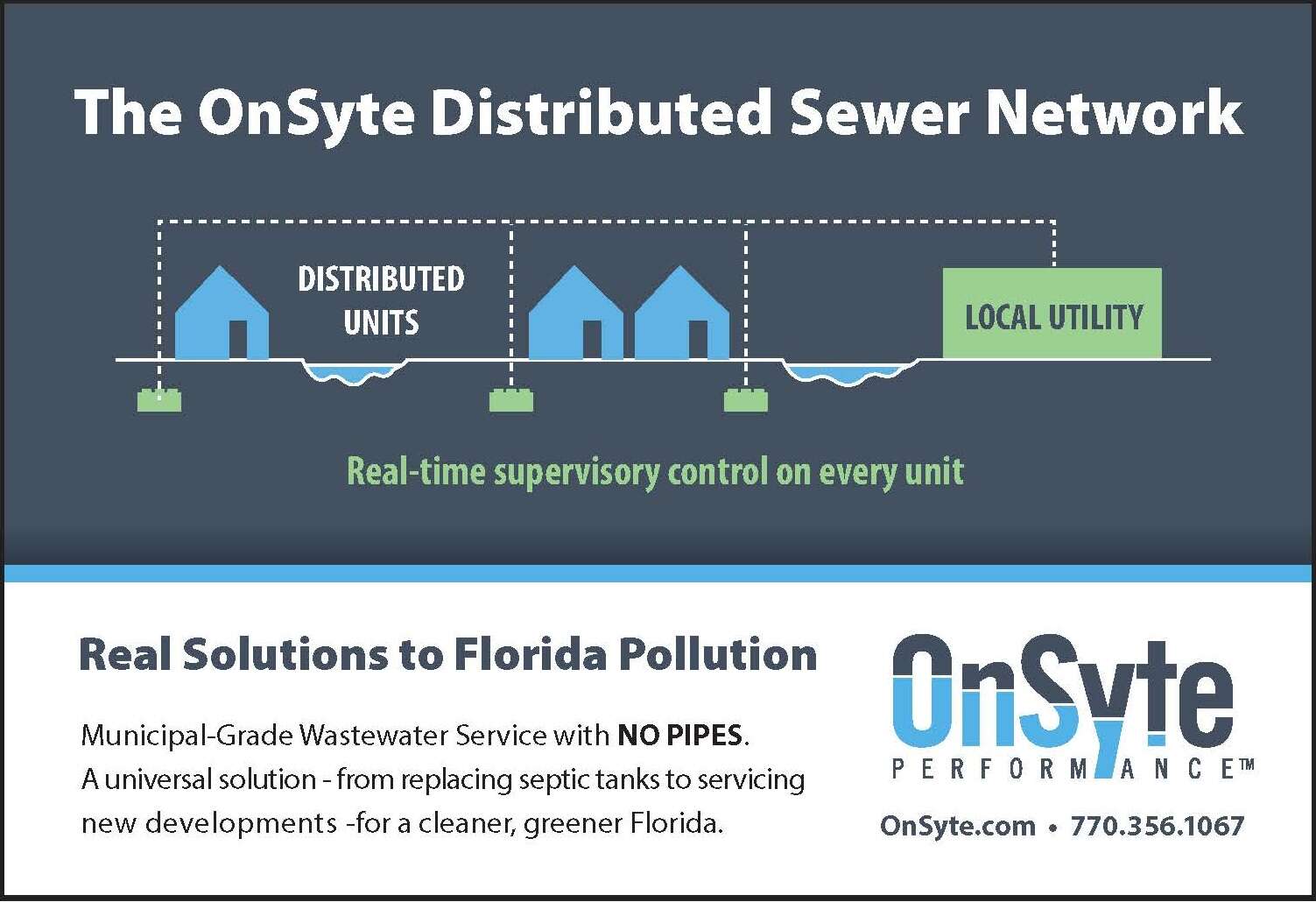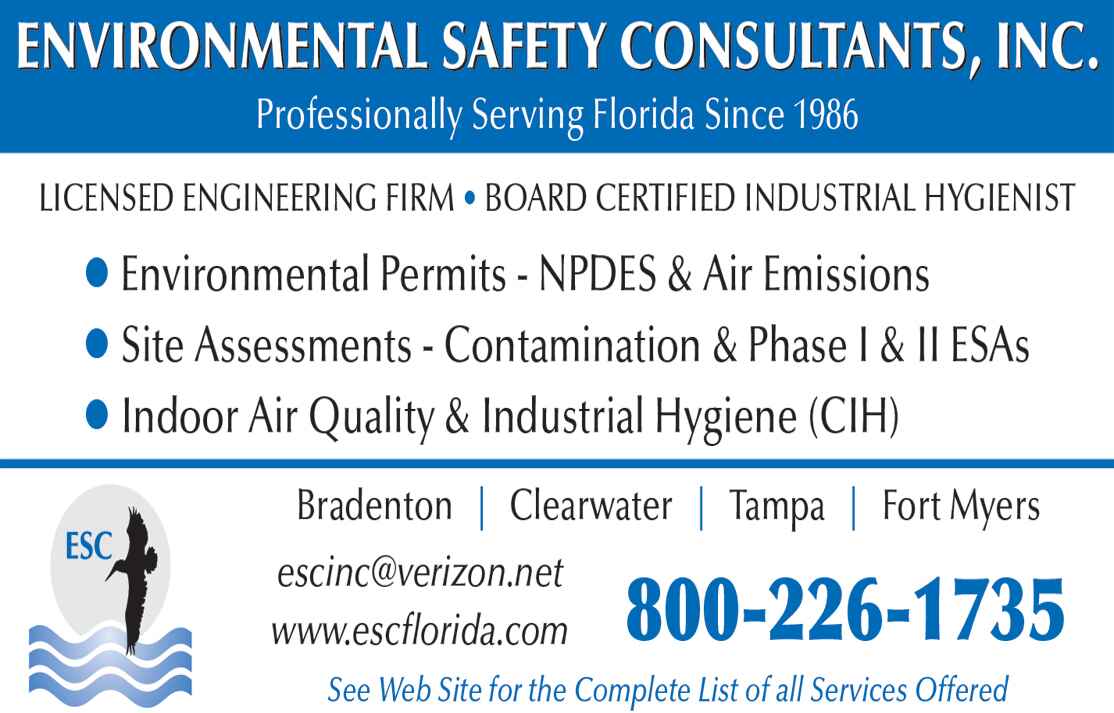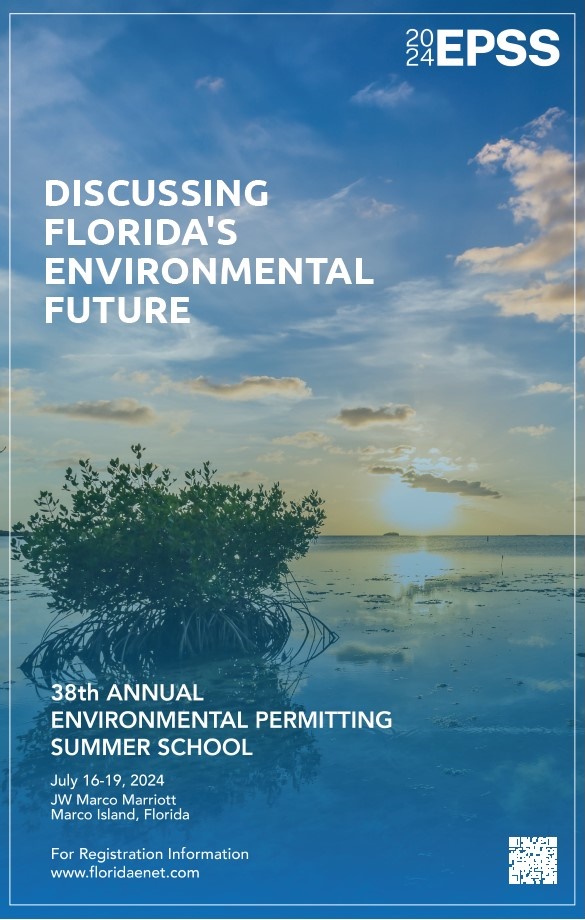By KATHERINE SQUITIERI
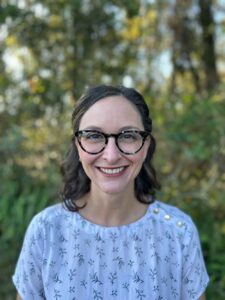
Fertilizing your lawn the right way can make a big difference for Florida’s water quality. And it’s important to understand the best practices for fertilizing responsibly, especially with more than 1,000 new residents moving to Florida daily.
The Southwest Florida Water Management District (District) recently conducted a survey to test residents’ knowledge about best practices for fertilizing and found that only 52 percent agreed that the way they fertilize affects the health of local water bodies.
Additionally, only 20 percent were aware of local fertilizer restrictions and 40% thought the best time to fertilize was before heavy rain, which can result in fertilizer washing away and polluting local waterbodies through runoff.
To help raise awareness of fertilizer best practices for homeowners, the District created the Fertilizing 101 campaign, which provides useful information based on University of Florida Institute of Food and Agricultural Sciences recommendations and links to helpful resources. The goal is to educate residents and change fertilizing habits to help protect our local waterbodies, including Florida’s world-class springs, rivers, and lakes.
When too many nutrients, such as nitrogen and phosphorus are in our waterbodies, they can cause excess algae growth, which reduces water clarity and causes extreme fluctuations in dissolved oxygen. This can be very stressful for aquatic wildlife, such as native fish and plants. This is why it’s so important to make sure we are all following recommended fertilizing practices. More is not always better.
April and May are generally the ideal time to fertilize your lawn in Florida. Grass is actively growing and it’s before the rainy season.
We encourage homeowners to test their soil before purchasing fertilizer, use slow- or controlled-release fertilizer, avoid fertilizing before heavy rain and to always check with local governments for fertilizing restrictions.
If we are smart about the way we fertilize, we can help protect our waterbodies for generations to come. Homeowners can visit WaterMatters.org/Fertilizing101 for fertilizing tips to create a healthy lawn or landscape.
As lead conservation education coordinator for the Southwest Florida Water Management District, Katherine Squitieri manages the District’s youth education program and assists in water conservation outreach efforts. Katherine holds a bachelor’s degree in environmental studies concentrating in Environmental Education and Communication from Green Mountain College. She also holds a master’s degree in Global Sustainability concentrating on water sustainability from the University of South Florida.


